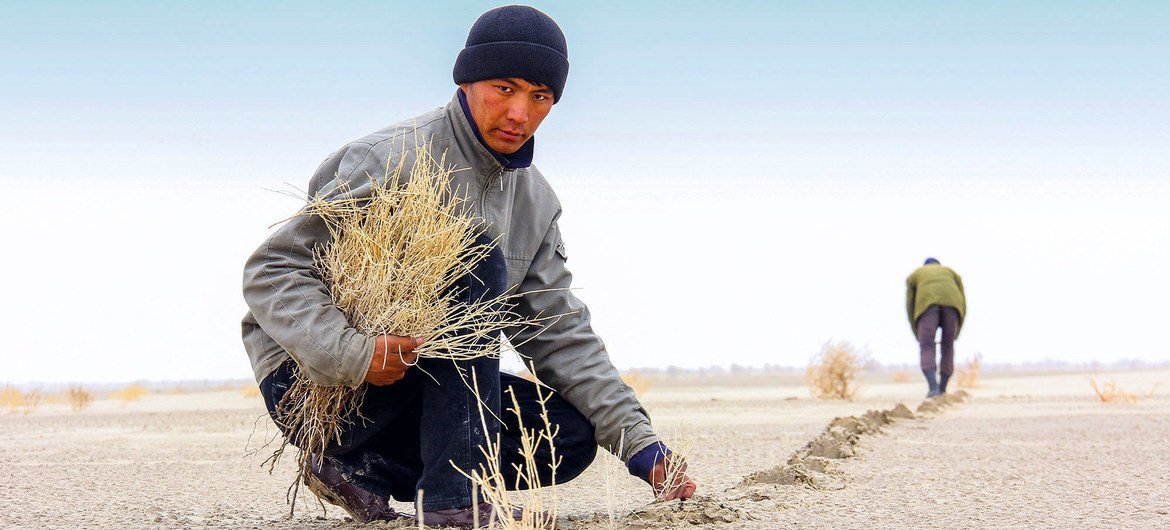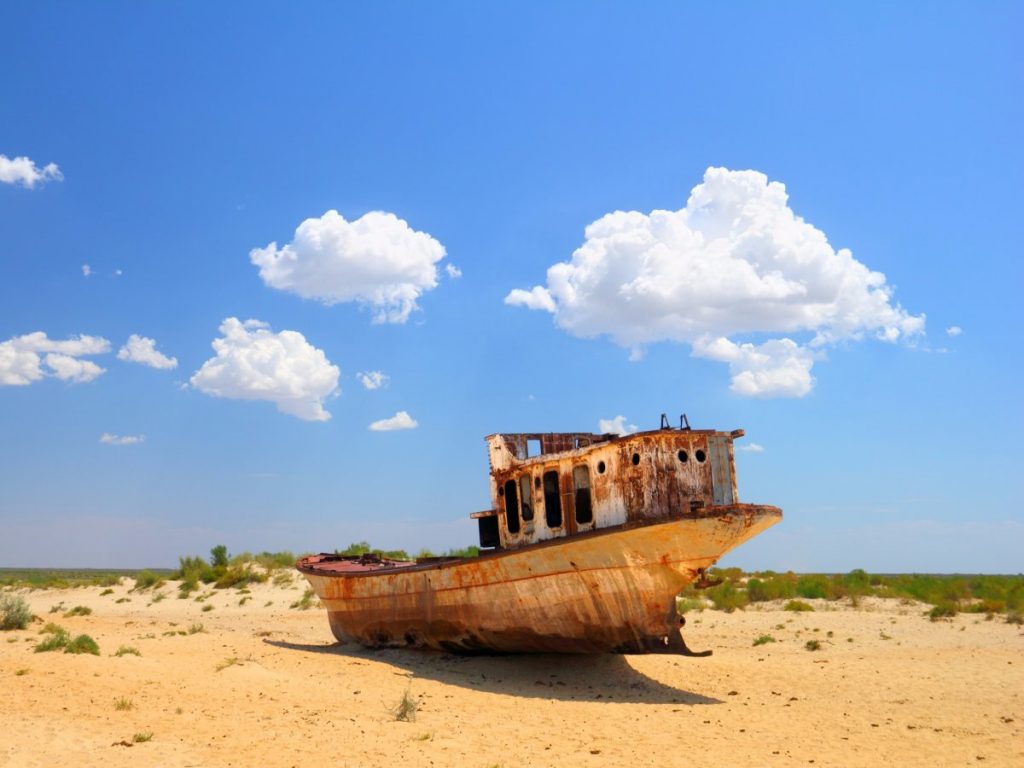The United Nations General Assembly, on December 19, unanimously endorsed a resolution aimed at addressing the pressing environmental issues plaguing Central Asia, United Nations reported. The proposal, spearheaded by Uzbekistan and co-authored by a coalition of nations, underscores the region's commitment to collective action in confronting climate change and fostering sustainable development.

Entitled "Central Asia in the face of environmental problems: strengthening regional solidarity for the sake of sustainable development and prosperity," the resolution recognizes climate change as one of the most intricate challenges of our era, posing severe impediments to the sustainable development of nations worldwide.
Key to the resolution is the emphasis on bolstering regional cooperation to combat environmental challenges, particularly in the Aral Sea region. The document advocates for collaborative efforts to promote socio-economic development and implement measures to adapt to climate change.
The resolution hails the "Green Agenda for Central Asia," a regional program endorsed by Central Asian heads of state, designed to champion sustainable development initiatives in the area.

New technologies and best practices take center stage in the resolution's call to action against desertification, drought, and sand and dust storms in Central Asia. It underscores the crucial role of innovative approaches in mitigating these environmental threats.
Highlighting the need to protect mountain ecosystems and preserve glaciers, the resolution calls upon nations worldwide to intensify their efforts in this regard. Uzbekistan's President, Shavkat Mirziyoyev, had previously addressed the UN, citing a significant regional temperature increase over the past three decades, with adverse effects on glaciers and river flow.
President Mirziyoyev asserted that if the current warming trend persists, the flow of major rivers in the region, such as the Amu Darya and Syrdarya, could decrease by 15% within the next two decades. He called for urgent international action to avert a potential 25% decline in per capita water availability and a 40% reduction in crop yields.
The resolution also proposes enhancing the scientific and technological capabilities of Central Asian countries to advance sustainable agriculture, rational use of water resources, waste recycling, energy efficiency, sustainable tourism, the establishment of "smart cities," and sustainable transport.
With 35 UN member states from diverse regions co-sponsoring the resolution, including all Central Asian countries, Armenia, Azerbaijan, Belarus, Hungary, Venezuela, China, Egypt, Indonesia, Jordan, Germany, Switzerland, Malaysia, Nicaragua, Singapore, Turkey, Paraguay, and others, the resolution reflects broad international support for tackling environmental challenges in Central Asia.
"For Uzbekistan, the strategic task remains to adapt the main sectors of the economy to climate change, achieve carbon neutrality and a sharp increase in the share of green energy," UN stated on their website.
Earlier, Daryo reported a significant development at COP28 within the Central Asian Pavilion in Dubai. The session, "Solidarity and Unity in the Face of the Triple Planetary Crisis Challenges," saw high-level participation, aiming to amplify discourse on ecology and climate change on UN international platforms. Environmental ministers from three Central Asian countries and the Assistant Secretary-General of the Secretariat of the Organization for Forests and Forests (UNFF) were among key figures present, throwing their support behind a resolution proposed by President Shavkat Mirziyoyev to address the triple planetary crisis.
Follow Daryo's official Instagram and Twitter pages to keep current on world news.
Comments (0)